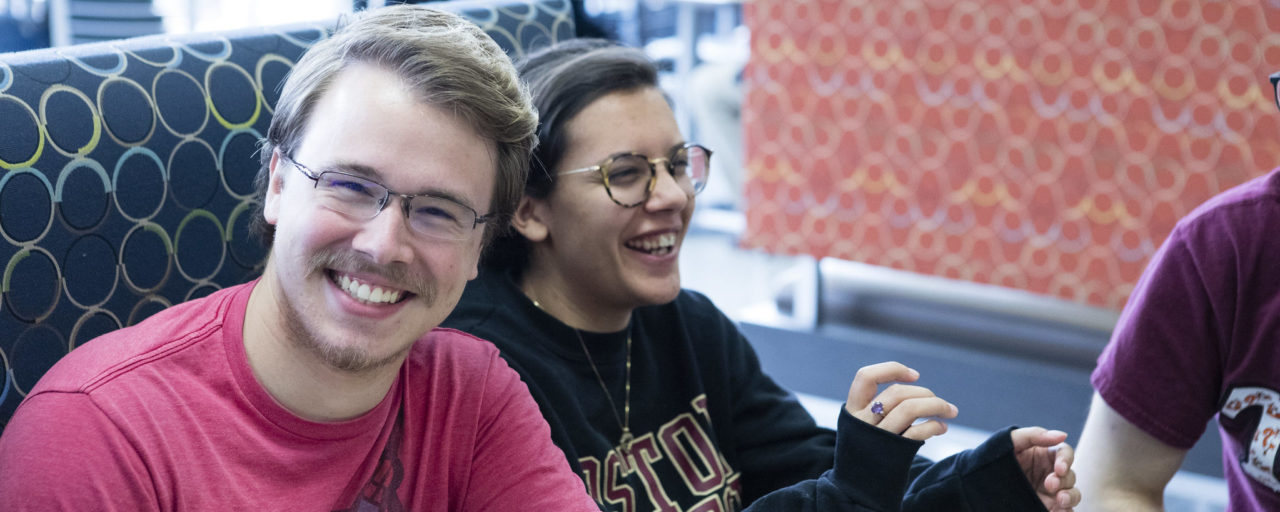Philosophy Minor

The philosophy minor is for students not majoring in philosophy. It is offered by the Department of Literature, Languages, Writing and Humanities, Maxwell Becton College of Arts and Sciences, at the Florham Campus, Madison, New Jersey, and at the Metropolitan Campus, Teaneck, New Jersey.
Requirements
Required Courses (6 credits)
The remaining 9 credits can be any courses with the PHIL prefix.
In special cases, with departmental permission, other courses (HUMN, RELI, LITS, GOVT/POLI, etc.) can be substituted.
For Information
Matthieu Boyd, Chair, Department of Literature, Languages, Writing and Humanities, Maxwell Becton College of Arts and Sciences
Associate Professor of Literature
mwboyd@fdu.edu
973-443-8719